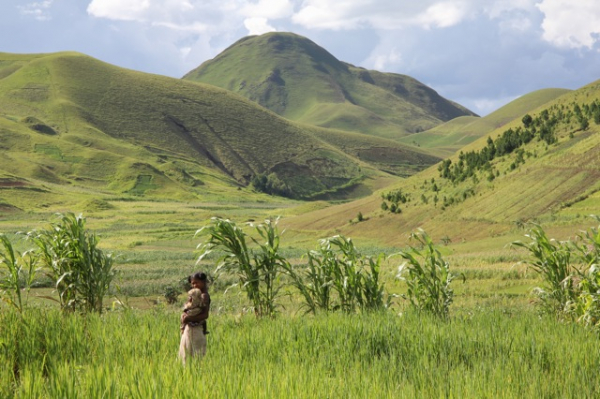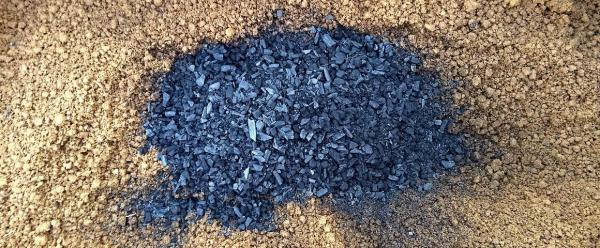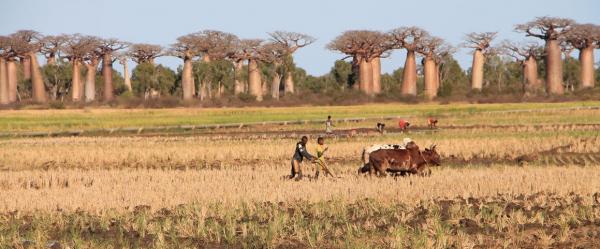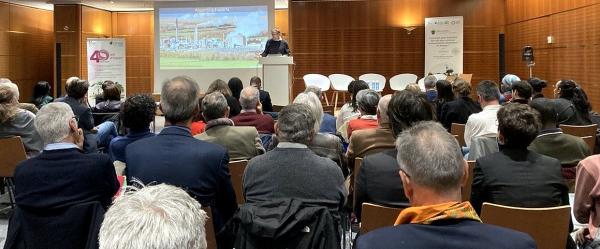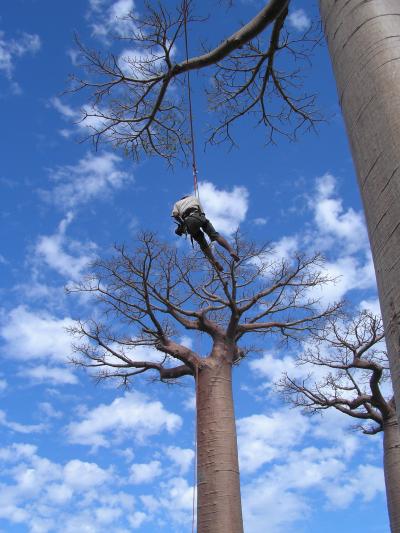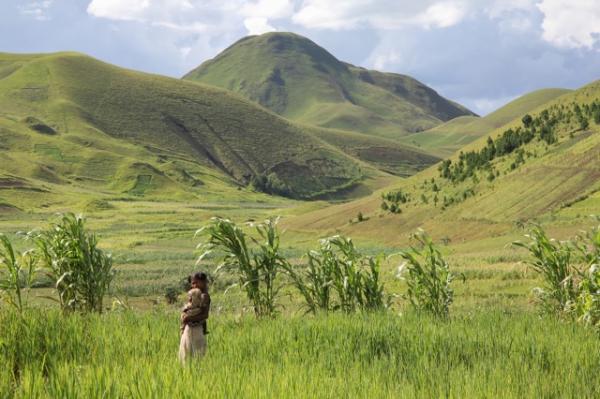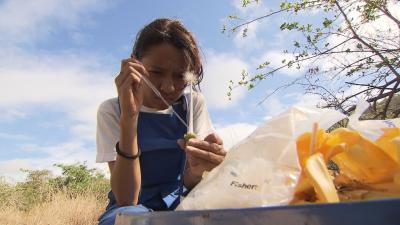Science at work 6 May 2024
- Home
- Worldwide
- Our regional offices
- Southern Africa and Madagascar

Southern Africa and Madagascar
The challenges: climate change, population growth, biodiversity management and agricultural production
The Southern Africa-Madagascar region covers a wide range of economic, social and ecological situations. It comprises eight English-speaking countries – South Africa, Botswana, Lesotho, Malawi, Namibia, Swaziland, Zambia and Zimbabwe – plus a Portuguese-speaking country – Mozambique. Madagascar is the only French-speaking country. Within the region, and particularly for the southern part, South Africa plays a vital role, notably in economic terms, and is also keen to boost its intellectual influence through higher education and research.
The agricultural sector accounts for a large share of GDP large part – between 20 and 30% – in several countries (Madagascar, Mozambique, Zimbabwe, Swaziland and Malawi). And all the region's countries share challenges centring on climate change, population growth, biodiversity management and agricultural production.
In southern Africa, CIRAD is working with the main institutions on governance systems, regional and local policy on emerging animal and crop diseases, conservation and management issues within the main cross-border protected areas, and agroecology.
In Madagascar, in the family farming sector, production systems (rice growing and animal production) are being developed in the highlands. Our operations also centre on seed production and agroecological issues in the light of climate change. We have multidisciplinary projects covering agricultural value chain approaches, land tenure issues and fuelwood questions.
Trust-based partnerships with the main research and development players
This zone boasts a wealth of regional partners working on rural development, international research centres and national partners (universities and research centres). CIRAD has built long-term trust-based partnerships with the main R&D players, be they national institutions (research institutes, universities, ministries, etc.), local bodies (local authorities, farmers' organizations, NGOs, development agencies, etc.) or international agencies (FAO, EU, IOC, etc.).
Emblematic projects and platforms in partnership for research and training
The dots show the countries in which CIRAD and its partners work. They do not show specific sites.
Key figures
- 35 expatriate researchers
- 6 platforms in partnership
Main research fields
- Governance and public policy
- Sustainable production systems
- Agroecology
- Territorial development
- Animal health
- Forests and biodiversity
- Plant and animal product processing
Six platforms in partnership
- Forests and Biodiversity in Madagascar - dP F&B
- Production and Conservation in Partnership in Southern Africa - dP RP-PCP
- Highland Production and Sustainability in Madagascar - dP SPAD
- One Health network - Indian Ocean - dP One Health OI
- Biocontrol and plant epidemiosurveillance in the Indian Ocean - dP BIOCONTRÔLE-OI
Teaching and training
Our researchers supervise many PhD, diploma or vocational students, and are also involved in organizing higher education courses. CIRAD is committed to training through research, and supervises or co-supervises theses, provides hours of university teaching each year, and has trained more than 200 students in Madagascar and southern Africa or in Montpellier over the past five years.
See also: Teaching and training
Scientific publications
See all publications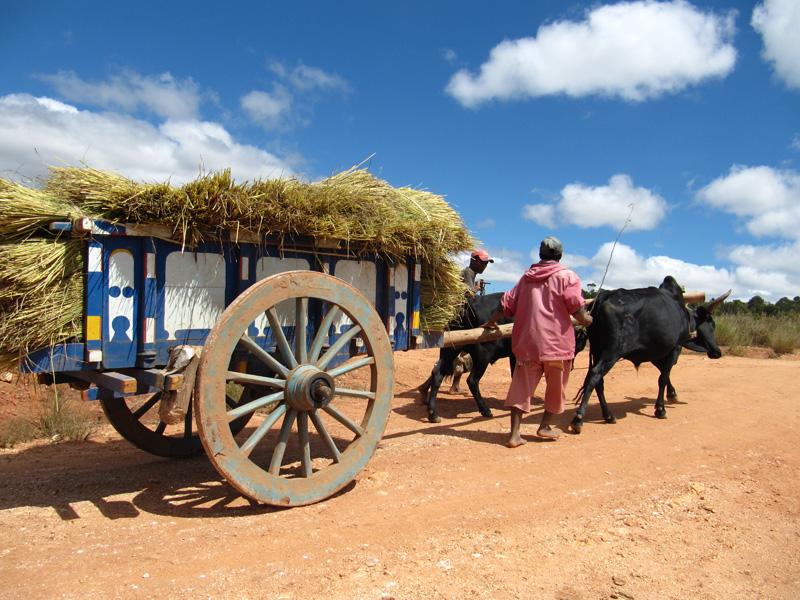
Contact
CIRAD Regional Office for Southern Africa and Madagascar -
Ampandrianomby, BP 853 -
Antananarivo 101 -
Madagascar
Tel.: +261 20 22 406 23
Fax: +261 20 22 408 21
























